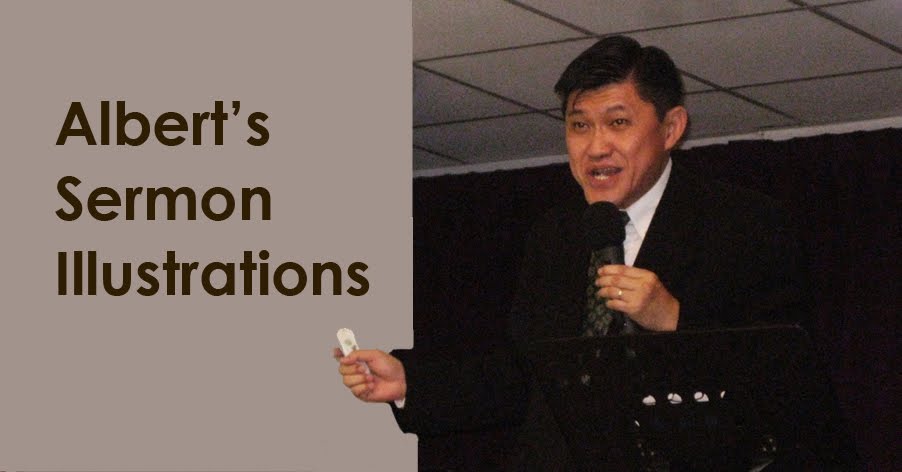 |
| Adoniram Judson |
This is the story of Adoniram Judson. It is a kingdom story that we should tell and retell and share with each other. I have posted it here for you and I hope you will share it with others.
The son of a pastor, he was a brilliant boy. His mother taught him to read in one week when he was three to surprise his father when he came home from a trip. When he was sixteen he entered Rhode Island College (later Brown University) as a sophomore and graduated at the top of his class three years later in 1807.
The Detour from God
What his godly parents did not know was that Adoniram was being lured away from the faith by a fellow student named Jacob Eames who was a Deist. By the time Judson’s college career was finished, he had no Christian faith. He kept this concealed from his parents until his twentieth birthday, August 9, 1808, when he broke their hearts with his announcement that he had no faith and that he wanted to write for the theater and intended to go to New York, which he did six days later on a horse his father gave him as part of his inheritance.
It did not prove to be the life of his dreams. He attached himself to some strolling players and, as he said later, lived “a reckless, vagabond life, finding lodgings where he could, and bilking the landlord where he found opportunity.” The disgust with what he found there was the beginning of several remarkable providences. God was closing in on Adoniram Judson.
He went to visit his Uncle Ephraim in Sheffield but found there instead “a pious young man” who amazed him by being firm in his Christian convictions without being “austere and dictatorial.” Strange that he should find this young man there instead of the uncle he sought.
The Unforgettable Night
The next night he stayed in a small village inn where he had never been before. The innkeeper apologized that his sleep might be interrupted because there was a man critically ill in the next room. Through the night Judson heard comings and goings and low voices and groans and gasps. It bothered him to think that the man next to him may not be prepared to die. He wondered about himself and had terrible thoughts of his own dying. He felt foolish because good Deists weren’t supposed to have these struggles.
When he was leaving in the morning he asked if the man next door was better. “He is dead,” said the innkeeper. Judson was struck with the finality of it all. On his way out he asked, “Do you know who he was?” “Oh yes. Young man from the college in Providence. Name was Eames, Jacob Eames.”
Judson could hardly move. He stayed there for hours pondering death and eternity. If his friend Eames were right, then this was a meaningless event. But Judson could not believe it: “That hell should open in that country inn and snatch Jacob Eames, his dearest friend and guide, from the next bed—this could not, simply could not, be pure coincidence.” God was real. And he was pursuing Adoniram Judson. God knew the man he wanted to reach the Burmese people.
Alive to Christ and Dead to America
Judson’s conversion was not immediate. But now it was sure. God was on his trail, like the apostle Paul on the Damascus road, and there was no escape. There were months of struggle. He entered Andover Seminary in October 1808 and in December made solemn dedication of himself to God. On June 28, 1809, Judson presented himself to the Congregationalists for missionary service in the East.
An Incredible Ministry
On February 17, 1812, after only twelve days of marriage, Judson and his wife Ann set out from Massachusetts. Their missionary journeys, taking them first to India and later to Burma (present-day Myanmar), would prove to be wrought with suffering and tragedy.
They underwent economic challenges, losing the financial backing of their supporters only a few months after leaving the United States. Their plans unexpectedly changed when problems with their visas in India forced them to reluctantly settle in Burma. They faced a severe language barrier that required them to learn the Burmese tongue in a country where no English was spoken.
Once they could communicate, their message still met with great resistance from the Burmese citizens. In fact, the Judson’s did not see anyone come to Christ for the first six years of their work.
And there were no converts. It was to be six, long, soul-crushing, heart-breaking years before the date of the first decision for Christ. Then, on June 27, 1819, Judson baptized the first Burmese believer, Moung Nau. Judson jotted in his journal: “Oh, may it prove to be the beginning of a series of baptisms in the Burmese empire which shall continue in uninterrupted success to the end of the age.” Converts were added slowly — a second, then three, then six, and on to eighteen.
 |
| Nancy visited Adoniram in prison with little Maria |
But opposition came, also. Finally Judson was imprisoned as a British spy — an imprisonment of twenty-one months. Judson was condemned to die, but in answer to prayers to God and the incessant pleadings of his wife to officials (one of the most emotional-packed, soul-stirring stories in evangelism), Judson’s life was spared and finally British intervention freed him from imprisonment.
The few who remained faithful were rewarded with intense government persecution. Judson, himself, was also in danger. Suspected of being a spy during Burma’s civil war, he was sent to a death prison where he was hung upside down in leg irons every night and forced on a death march that almost killed him. In addition, Judson faced the pain of loss some two dozen times, burying both his first and second wife. In fact, from 1812 to 1850, twenty-four of Judson’s relatives or close associates died, including several of his children. As a husband, father, missionary, and friend, Judson truly knew what it was to suffer.
Nevertheless, enduring all of this, he steadfastly pursued his goal of translating the Bible into Burmese. In 1850 he died in obscurity, leaving a Burmese church with only a handful of believers, and some of these so-called believers had openly denied Christ.
By earthly standards, Judson’s life was an utter failure. He jeopardized the lives of his family; he moved far away from the comforts of his North American roots; he endured the pain of rejection, hunger, torture, and loss; and he did all of this to bring the gospel to a generally unreceptive, antagonistic audience. He gave his all, only to die seeing relatively meager results.
In looking back, of course, we see that Judson’s efforts were not in vain. In fact, his translation of the Bible is still used in Myanmar today. In 1993, the head of the Myanmar Evangelical Fellowship stated, “Today, there are 6 million Christians in Myanmar, and every one of us trace our spiritual heritage to one man—the Reverend Adoniram Judson”
Taken from:
John Piper, Don’t Wast Your Life
Paul Borthwick, Adoniram Judson: Endurance Personified

































